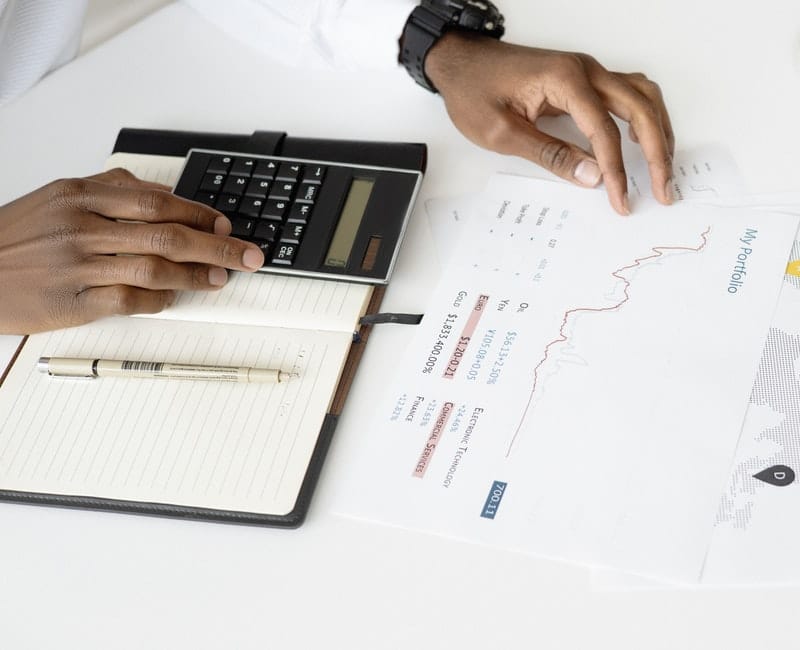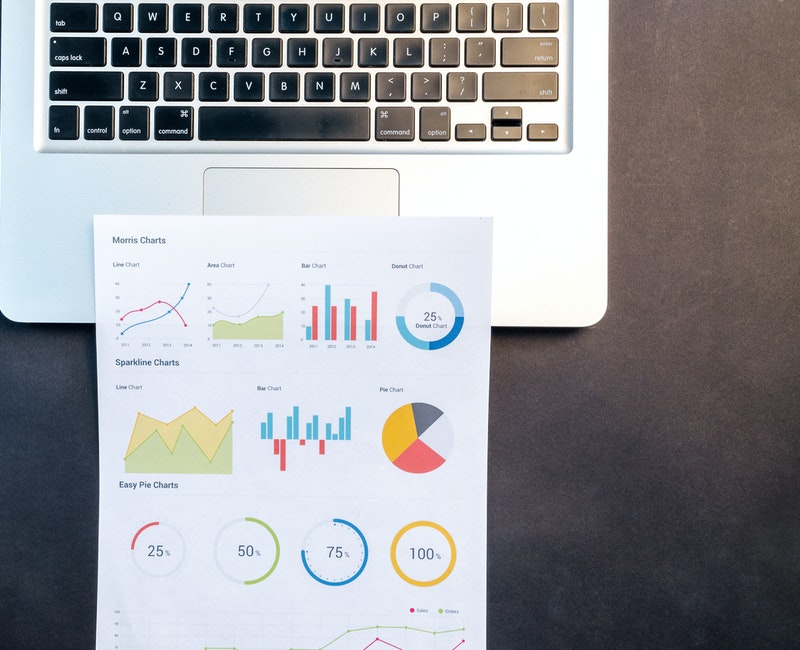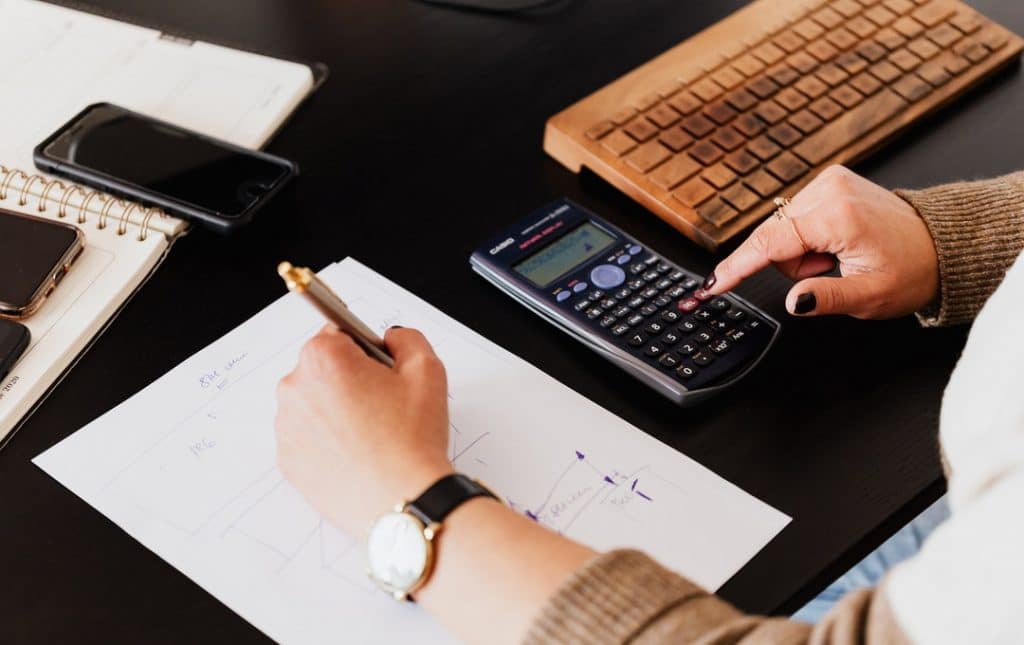Unless you are starting up as an accountant or bookkeeper, spending time on receipts and pushing invoices is not a fun activity for most of us. However, bookkeeping is a necessary evil and an essential component if you want to stay on top of your startup. Therefore, being disorganized and putting off bookkeeping just won’t cut it. I need to keep for my business
If you are running a business in the form of sole proprietor, partnership, trust, or corporation, etc. you must maintain books of records and accounts which help in allowing you to calculate the payable taxes. The reason you need to achieve their records or the ‘source documents’ is to substantiate the amounts recorded in the business’s books. Therefore, here is the solution for small business owners to their bookkeeping problem.
The Purpose of Bookkeeping
Bookkeeping helps in maintaining a healthy cash flow in your business. It helps you to identify trends in the finances from the start. When you spot the potential financial problems from the available sources, you’ll know it’s an invaluable tool to grow your business strategically.

Proper Financial Records for Business
Following is the detailed guide to the basics of bookkeeping that are beneficial for new business owners. They are relevant to all businesses whether you are working as a sole trader or operating as a limited company. You would need the following sets of records for your business:
- Cash Books
The cash book must have all the records of the payment into and out of the designated bank account. It is essential to keep it up to date, as after a few months it will help in generating a forecasting tool instead of just a historic record of payments.
- Sales Invoice File
If your company relies on an accounting package, you can utilize them to issue and save invoices. If the accounting is done manually using Microsoft Word, keep the records on the assigned files. It is best to keep the invoices in chronological order. The invoices that have not been paid yet must be kept at the front of the file, this will help in credit control.
Additionally, there are online accounting systems like Free Agent, which will upload the scanned invoices into the cloud storage. This helps in minimizing the worries about losing your invaluable files if you store them locally.
- Purchase Invoice File
Purchases are the items you buy and resell to the clients. If you are a producer, this includes the cost of all raw materials or parts sold for manufacture into finished products. The documents should be able to identify the payee, evidence of payment, the paid amount, the date incurred, and also include a description of the product to show the amount was for purchases. Again, it is important to file them in chronological order. It helps make your task easier and keeps the accountants’ bill down. Precisely, the documents for purchases include the following factors:
- Invoices
- Credit card receipts and statements
- Cash register tape receipts
- Canceled cheques or other documents showing proof of payment/electronic funds transferred.
A combination of supporting documents may be required to substantiate all components of the purchase.
- Receipts
It is the income you receive from the business and it should be in the documents that show the amounts and sources of the gross receipts. Documents for gross receipts include the following:
- Invoices
- Cash register tapes
- Receipt books
- Forms 1099-MISC
- Deposit information (credit and cash sales)
- Cash register tapes
- Expenses, Transportation, Travel, Entertainment, and Gifts
Expenses are the incurred cost to operate your business. Documents for expenses include the following parts:
- Invoices
- Credit card receipts and statements
- Account statements
- Cash register tape receipts
- Documents showing proof of payment/electronic funds transferred.
Moreover, if you deduct travel, entertainment, transportation, or gift expenses, you should be able to prove certain expenses.
- Assets
These are the property, like furniture, machinery, that you own and use in your business. You should keep records to verify specific information about the business assets. You need records to assess the annual depreciation and the gain or loss when you sell the assets. Documents for assets should represent the following information:
- When and how you gained the assets
- Cost of improvements
- Purchase price
- How you used the asset
- Selling price
- Expenses of sale
- Section 179 deduction taken
The documents may show the following information:
- Purchase and sales invoices
- Real estate closing statements

Tips for Good Record Keeping
Here are some of the valuable tips curated to help you in good record keeping for your business.
- Receive a Receipt of Invoice for Every Purchase
Statistically speaking, the longer you are in business, the higher are your chances of VAT or tax investigation. These are usually nothing to fret about provided you have a professional accountant in your company and all your paperwork is taken care of by them.
You must have a habit to jot down every transaction. If you purchase something online so print off the invoice. It is convenient to collect paper as you go along, instead of trying to find it years from now.
- Keep the Business Expenses and Personal Expenses Separate—Accounts Should Be Clean
If you operate a limited company, the business’s accounts are not your own—even if you own 100%. As the company’s director, you can’t spend the company’s money on your expenses, unless they are a legitimate business expense.
As a self-employed individual, you take drawings from the business, but you should still maintain a separate bank account. You must keep the accounts clean by keeping the personal and business finances separate to avoid any complications in the future.
- Regularly Check the Bank Statements
You must spend some sufficient time checking your bank statement every month. Aside from fighting the risk of a mistake or fraud by your bank, you will get a better understanding of where your money is going.
Successful businesses have good credit control and are spent money smartly—make it a habit starting from day one.
- Set Some Time Aside for Bookkeeping Regularly
When you are starting afresh, it may be convenient to leave the bookkeeping until the evenings. However, if you are tired simple activities will take longer, and are expected to turn into a mistake.
If you want to handle a job like this after the working hours when you could be earning more money, then consider waking up early one morning, or doing them on a weekend. Make it a regular day to adopt a habit. You can also discover that using an appropriate accounts software package takes away any worries.
- Get Support with Your Finances—Hire an Accountant or Bookkeeper
If there is one area you must not skimp on professional assistance, it is with the finances. An efficient accountant will save you more money than they cost. If they can’t or they are not proactive enough, you need to let them go and hire a new one through personal recommendation. Professional codes of conduct make it comparatively easy to swap accountants.
It is necessary to stay updated with paperwork, so it is advised to hire a bookkeeper to help maintain your books regularly. It will not only minimize your accountancy bill; however, it will potentially help you earn more money.
If you charge USD 40 an hour and can pay an accountant USD 20 an hour, you should be out there working while they are the ones that straight your accounts for you. Importantly, an expert will be able to do more efficiently in lesser time than you can.
You can find a local bookkeeper by asking around other business owners for recommendations and saving you trouble. Alternatively, you can find certified bookkeepers online, and get in touch with one of the members near you.
The Canada Revenue Agency requires all businesses to maintain their records and books for at least six years after the conclusion of the respective tax year. It is essential to note that invoices for items like capital purchases have to be kept for a longer period. Essentially the documents will be used to calculate gains or losses on disposition. Hence, you should keep the essentials until the capital items are disposed of.
Conclusion
Bookkeeping is a necessary activity if you are aiming to stay on top of your startup. Bookkeeping helps in maintaining a healthy cash flow in your business. It helps you in identifying trends in the finances right from the start. It can be beneficial for your business to seek the professional assistance of an accountant to set up your company and maintain your records when you start your business. Subsequently, even if you have some knowledge to handle your records and complete the tax returns a chartered accountant can review your records and returns to avoid any complications with the revenue agencies and minimize your taxes.
